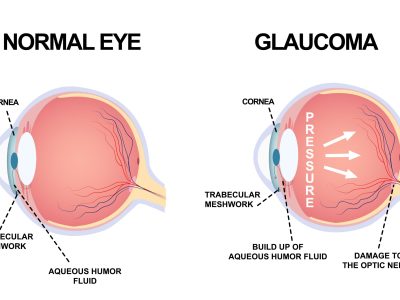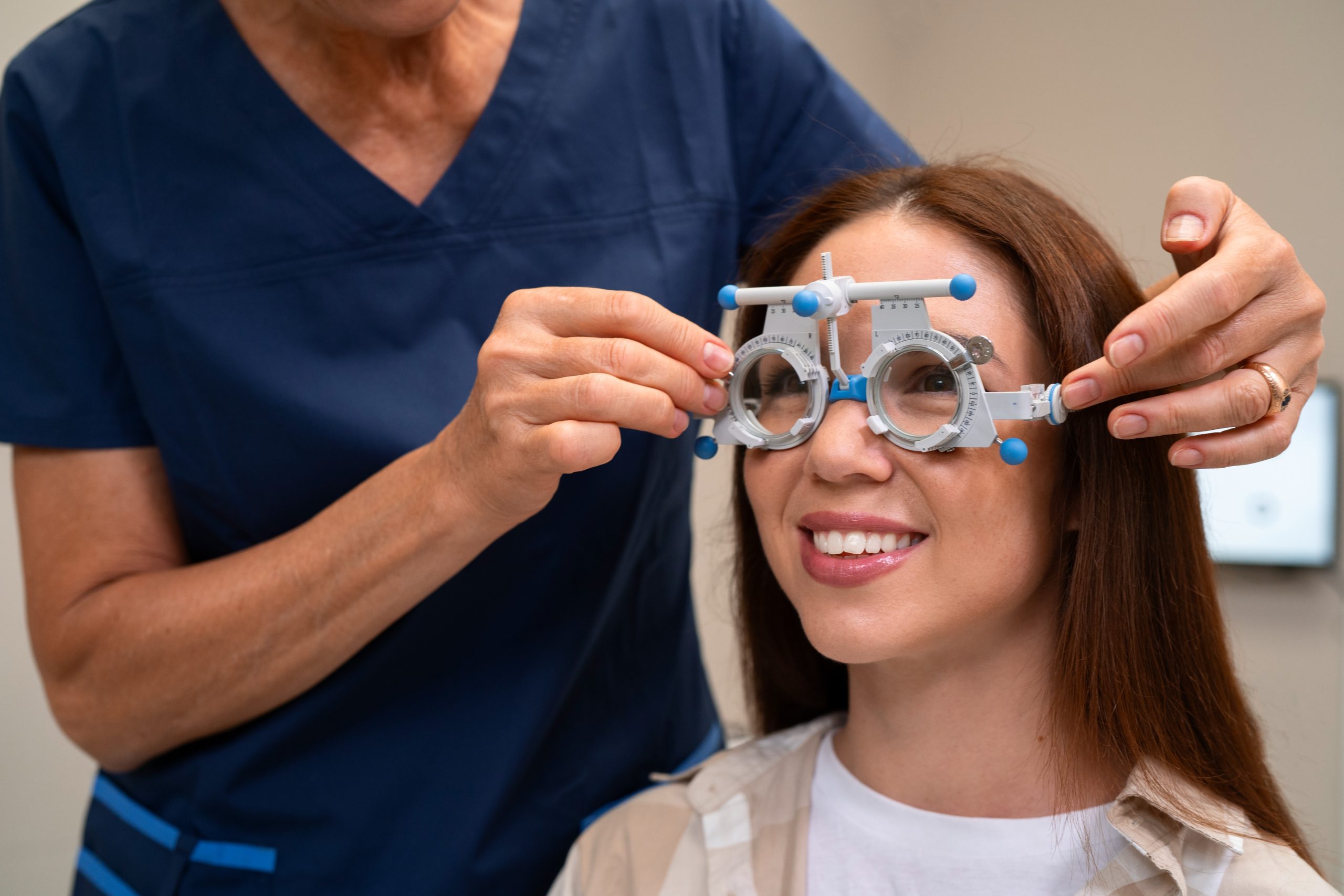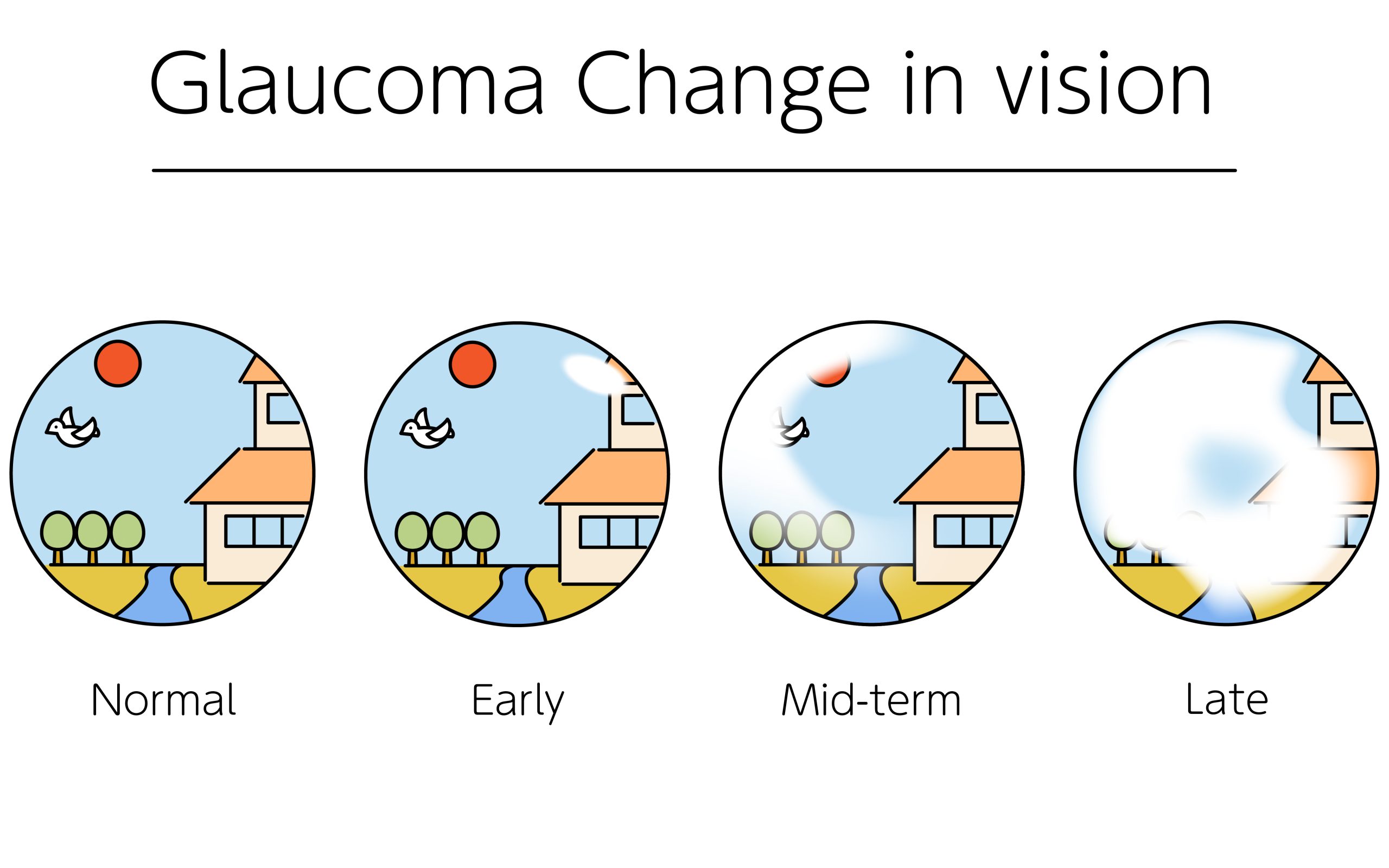Know Your Risk: Glaucoma And Genetics
- Glaucoma And Genetics
- Know your risks
- Early detection
Glaucoma and genetics: Let’s shed light on a crucial aspect of eye health—understanding the genetic factors that contribute to the risk of developing glaucoma. We shall delve into the intricate relationship between genetics and glaucoma, offering insights that empower you to take control of your eye health.

Glaucoma And Genetics:
Here are some glaucoma and genetics points to remember:
- The genetic puzzle of Glaucoma: Glaucoma, a leading cause of irreversible blindness, has a complex relationship with genetics. While anyone can develop glaucoma, individuals with a family history of the condition face an elevated risk. Understanding the genetic components involved can provide valuable insights into assessing your susceptibility.
- Family History and Risk Assessment: If you have a family history of glaucoma, it’s essential to communicate this information to your eye care professional. A thorough understanding of your family’s eye health can aid in personalized risk assessment and guide your ophthalmologist in implementing proactive measures to monitor and manage your eye health effectively.
- Genetic Counseling: For individuals with a strong family history of glaucoma, genetic counseling may be beneficial. This process involves a detailed evaluation of family medical history, discussion of potential genetic risks, and guidance on preventive measures and early detection strategies.

Glaucoma And Genetics:
Here are some glaucoma and genetics points to remember:
- Early Detection Saves Sight: Knowing your genetic risk is only part of the equation. Regular eye exams, especially for those with a family history of glaucoma, are crucial for early detection. Comprehensive eye examinations can identify signs of glaucoma before noticeable symptoms appear, allowing for timely intervention and preservation of vision.
- Lifestyle Modifications: While genetics play a role, lifestyle factors also contribute to glaucoma risk. Adopting a healthy lifestyle, including regular exercise, a balanced diet, and avoiding tobacco, can complement genetic predisposition assessments and contribute to overall eye health.
- Stay Informed and Advocate for Your Eye Health: Education is a powerful tool in the prevention and management of glaucoma. Stay informed about your family history, genetic predispositions, and the latest advancements in glaucoma research. Advocate for your eye health by discussing your concerns with your eye care professional and being an active participant in your personalized eye care plan.

By understanding the genetic factors associated with glaucoma, you empower yourself to make informed decisions about your eye health. Regular eye exams, proactive communication with your healthcare team, and adopting a healthy lifestyle are key components in mitigating the impact of genetic predisposition to glaucoma. Remember, early detection and proactive management are your allies in preserving your vision for a lifetime.
Recent Post
Stop the Blur? Finding Hope Best Keratoconus Treatment in Thane
Best keratoconus treatment in Thane is now a reality for thousands of patients who previously had to cope with unclear and…
Dr. Anagha Heroor: Cornea Specialist in Thane
Cornea specialist in Thane, Dr. Anagha Heroor, has a rationale of treating patients with empathy, accurate identification, and vision restoration. Light…
Why is Macular Degeneration Surgery in Kalyan Rising?
Macular degeneration surgery in Kalyan is being recognized as a great place for advanced surgery, a condition that is becoming increasingly…






